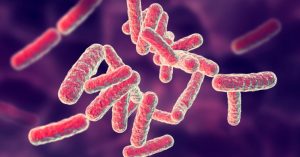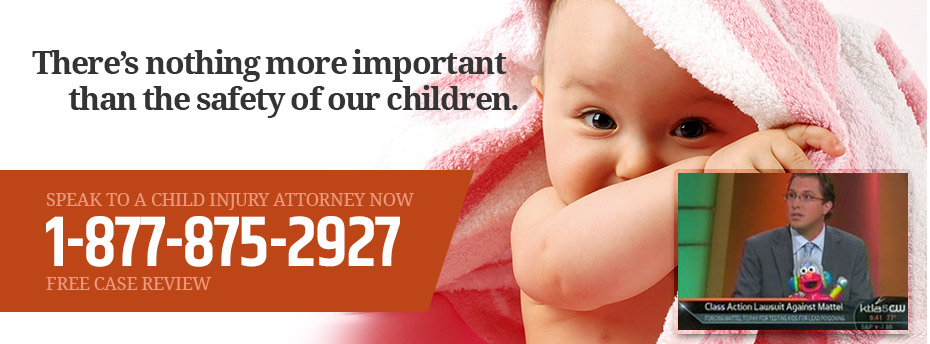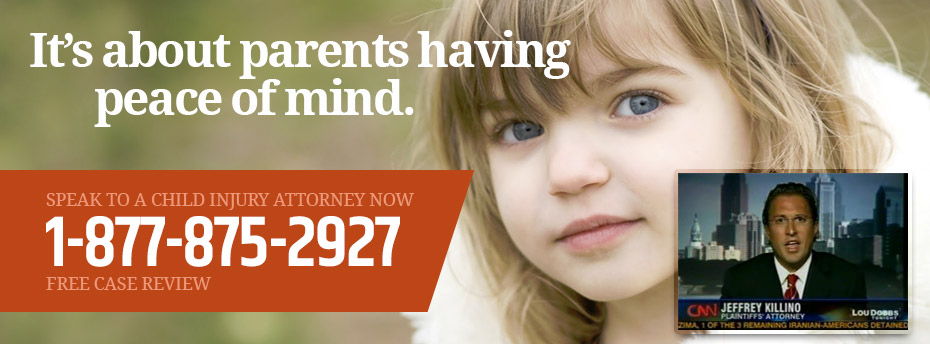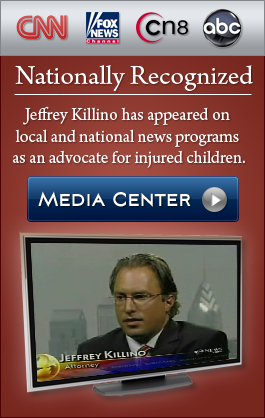 Three infants have tragically died at Geisinger Medical Center’s neonatal intensive care unit (NICU), and five more infants are being treated for a deadly waterborne bacteria that was recently discovered at the NICU. All eight babies were born prematurely. Hospital authorities issued a statement saying the three deaths may have been a result of the infection complicating their already vulnerable state due to extreme prematurity.
Three infants have tragically died at Geisinger Medical Center’s neonatal intensive care unit (NICU), and five more infants are being treated for a deadly waterborne bacteria that was recently discovered at the NICU. All eight babies were born prematurely. Hospital authorities issued a statement saying the three deaths may have been a result of the infection complicating their already vulnerable state due to extreme prematurity.
Geisinger Executive Vice President and Chief Medical Officer Edward Hartle, M.D., said they are currently working with both state and federal health officials — the Pennsylvania Department of Health and the Centers for Disease Control and Prevention (CDC)—to investigate and ensure the proactive measures that have already been taken have eradicated the bacteria as well as prevent any additional case, reported the Associated Press.
Dr. Hartle said that the eight infants, all of whom were confined in the NICU, were treated for a pseudomonas infection. As of October 7th, four of the premature babies have been successfully treated and one infant is still receiving antibiotic treatment for the infection but is responding “positively”, https://www.pittsburgheyeassociates.com/amoxil-treat-infections/. As a precautionary measure, the Geisinger obstetrics and neonatal teams are transferring all babies born less than 32 weeks and mothers expected to deliver prematurely to other regional institutions in Pennsylvania with appropriate NICU capabilities.
The death of a child is a tragedy for family, friends and the community. In response to the three infants who sadly passed away, the Pennsylvania hospital expressed “deepest sympathies and provide our full support to the families and loved ones who have been affected.” Child death attorney Jeff Killino knows that no amount of money can bring a child back. But compensation and justice can provide the support and answers to help parents and family cope with this devastating loss.
Pseudomonas infection Not New to NICU’s
The waterborne bacteria known as pseudomonas infection is not new to NICU’s. In August of 2016 two infants died at a Maryland hospital.
According to the CDC, the Pseudomonas bacteria is ubiquitous in the environment, most often found in lakes and rivers. P. aeruginosa can survive in deionized or distilled water and in hospitals tap water appears to be a significant route of transmission –from colonization of plumbing fixtures. A study titled “Risk assessment of Pseudomonas aeruginosa in water” said it is still not clear if the colonization results from the water in the distribution system, or personnel use within the hospital. Further infections and colonization can be significantly reduced by placement of filters on the water taps.
This type of bacteria typically attacks those with weakened and compromised immune systems, such as premature babies. Most serious and life-threatening infections occur in hospitals, where they are spread by equipment that gets contaminated and is not properly cleaned or on the hands of healthcare workers. The risk of Pseudomonas infection can be lowered by stringent hand hygiene and environmental cleaning. Unfortunately, Pseudomonas infections are difficult to treat due to increasing antibiotic resistance.
Approximately 51,000 healthcare-associated P. aeruginosa infections occur in the U.S each year and more than 6,000 of these are multidrug-resistant. About 400 deaths per year are attributed to these infections, reports the CDC.
If your child has suffered an infection due to hospital negligence, contact nationally-recognized pediatric malpractice lawyer Jeff Killino at 877-875-2927 for compassionate and experienced assistance with your case. Jeffrey Killino and The Killino Firm will bring their considerable experience and expertise to bear in the pursuit of justice for your loss.





